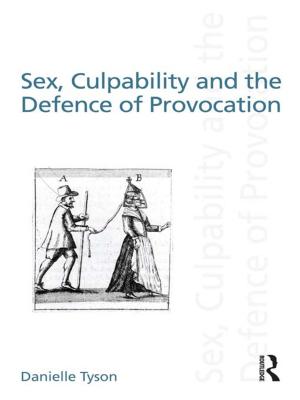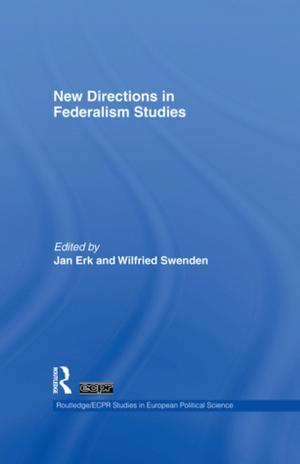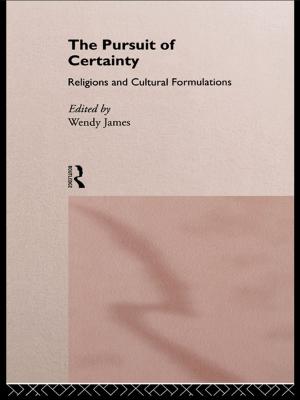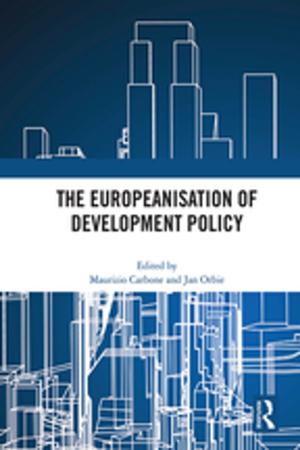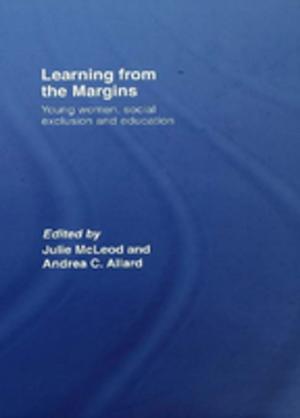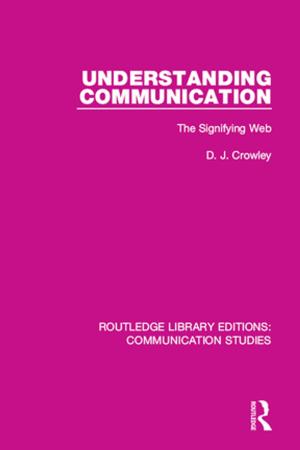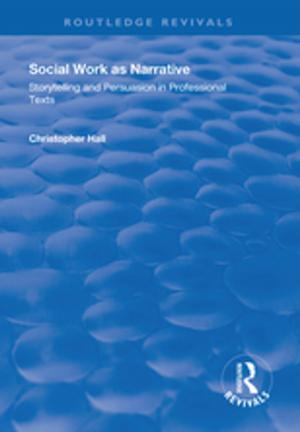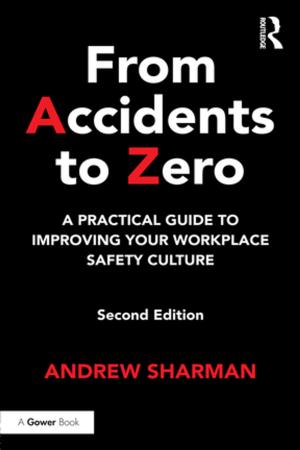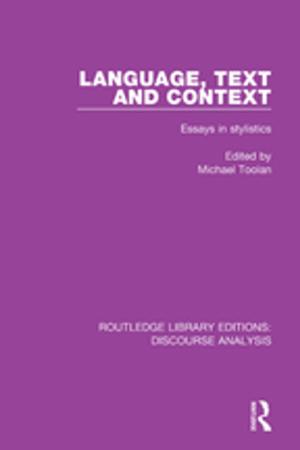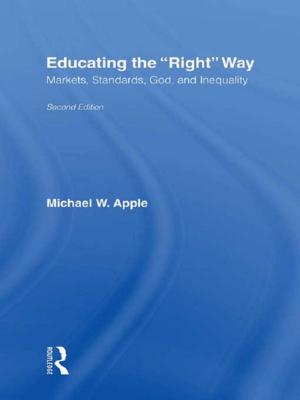Critical Thinking and Education
Nonfiction, Reference & Language, Education & Teaching, Educational Theory, Philosophy & Social Aspects| Author: | John E. McPeck | ISBN: | 9781315463674 |
| Publisher: | Taylor and Francis | Publication: | September 13, 2016 |
| Imprint: | Routledge | Language: | English |
| Author: | John E. McPeck |
| ISBN: | 9781315463674 |
| Publisher: | Taylor and Francis |
| Publication: | September 13, 2016 |
| Imprint: | Routledge |
| Language: | English |
The skills of ‘critical thinking’ occupy a contentious place in debates on education. It is of course widely recognised that education must consist of more than an unreasoning accumulation of facts and skills, and that modern society demands a highly-developed critical awareness to cope with its ever-increasing complexities. Yet the very term ‘critical thinking’ threatens to become a vague and unexamined slogan, displayed more in party tricks than in useful knowledge.
In this book, first published in 1981, Professor McPeck offers a critique of the major ideas and important work in the field, including those of Ennis and de Bono, while at the same time presenting his own rigorous ideas on the proper place in critical thinking in the philosophy of education. The book aims to establish a sound basis on which the role of critical thinking in schools can be evaluated and the author makes a strong case for the contribution it can make to resolving current dilemmas of the curriculum.
The skills of ‘critical thinking’ occupy a contentious place in debates on education. It is of course widely recognised that education must consist of more than an unreasoning accumulation of facts and skills, and that modern society demands a highly-developed critical awareness to cope with its ever-increasing complexities. Yet the very term ‘critical thinking’ threatens to become a vague and unexamined slogan, displayed more in party tricks than in useful knowledge.
In this book, first published in 1981, Professor McPeck offers a critique of the major ideas and important work in the field, including those of Ennis and de Bono, while at the same time presenting his own rigorous ideas on the proper place in critical thinking in the philosophy of education. The book aims to establish a sound basis on which the role of critical thinking in schools can be evaluated and the author makes a strong case for the contribution it can make to resolving current dilemmas of the curriculum.


